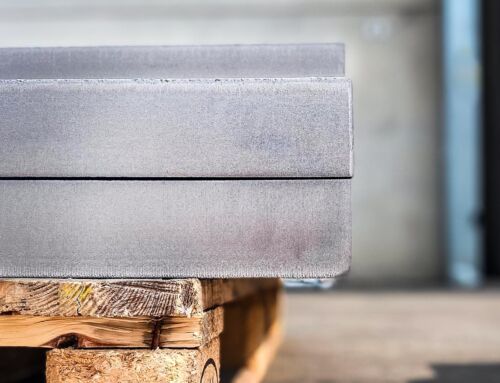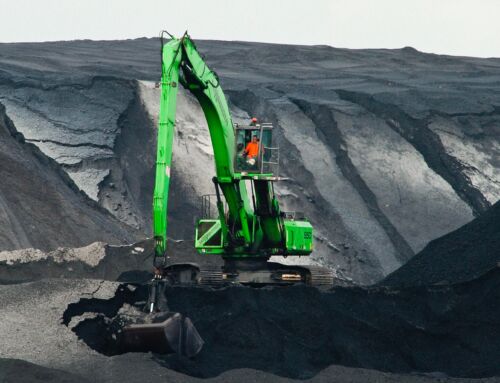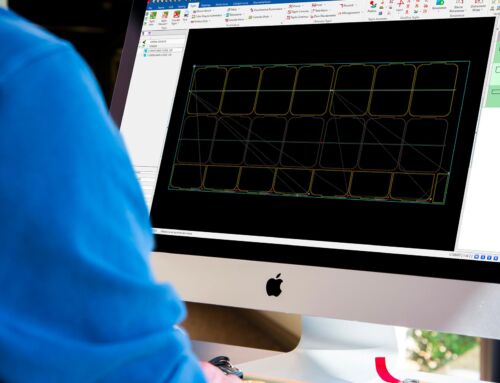Introduction
The industry of thick plate rolling requires high-quality materials capable of withstanding intense forces during the rolling process. In this context, premium-grade steels make a difference in thick plate rolling, offering a unique combination of strength, malleability, and versatility. This article will explore the significance of thick plate rolling steels and their crucial role in meeting the needs of manufacturing industries.
Advantages of thick plate rolling steels
Thick plate rolling steels offer numerous advantages that make them indispensable for applications demanding extreme flexibility and superior strength. These materials provide enhanced capacity to bear heavy loads without suffering permanent damage.
Mechanical properties of thick plate rolling steels
Thick plate rolling steels must possess a combination of mechanical properties that enable them to resist deformation forces during the rolling process. Features such as tensile strength, malleability, and ductility are fundamental characteristics of these steels. Their well-balanced internal structure and ability to absorb deformation energy without breaking make them highly suitable for applications where strength and flexibility are vital.
Thick plate rolling steels for various applications
Steels like P275NH, A516Gr60, P355NH, and A516Gr70, primarily used in chemical, petrochemical, and oil industries, as well as in the construction of heat exchangers, condensers, evaporators, superheaters, and boiler drums, are particularly well-suited for thick plate rolling. Similarly, construction steels like S275/S355 with their various variations, anti-wear steels like HB400 or HB450, high yield strength steels like S690QL or S890QL, and stainless steels AISI304/L, AISI316/L, AISI310/S, AISI321, are commonly employed for thick plate rolling, depending on the desired product.
Production processes and heat treatments
The production of thick plate rolling steels involves advanced processes that ensure the desired properties are obtained. Additionally, heat treatments such as normalization and tempering are crucial for improving the characteristics of the steels, ensuring optimal performance during rolling.
Applications and industrial sectors
Gli acciai per calandratura di grosso spessore trovano ampio impiego in vari settori industriali:
Thick plate rolling steels find extensive use in various industrial sectors, including pressure vessel manufacturing, oil and gas industries, mining, structural engineering, offshore and onshore applications, paper mills, and many others. Their ability to withstand extreme external and internal forces while maintaining the desired shape and structure makes them essential for modern manufacturing industries.
Sidertaglio lamiere and thick plate rolling steels
With its extensive experience in the sector, Sidertaglio Lamiere caters not only to the demand for materials for thick plate rolling, which can reach up to 220 mm depending on the material and size, but also offers valuable support and tailored consultancy through its specialized technical office. Their profound knowledge of materials and rolling processes enables active collaboration with clients, comprehending their needs and providing customized solutions.







